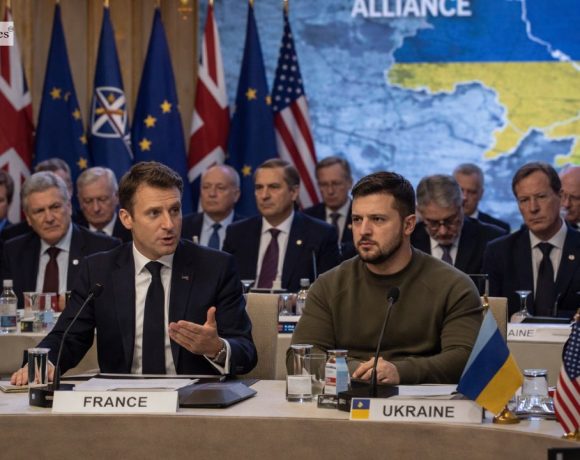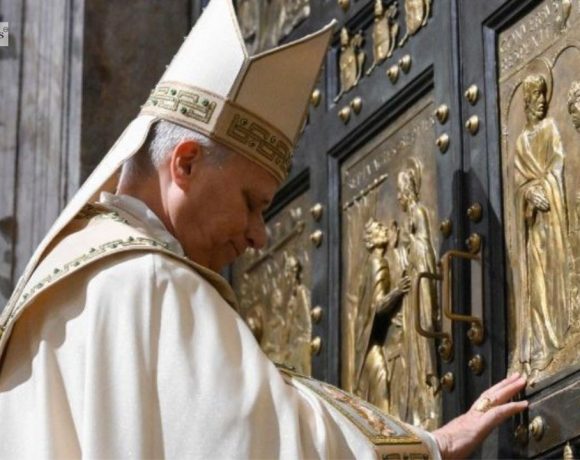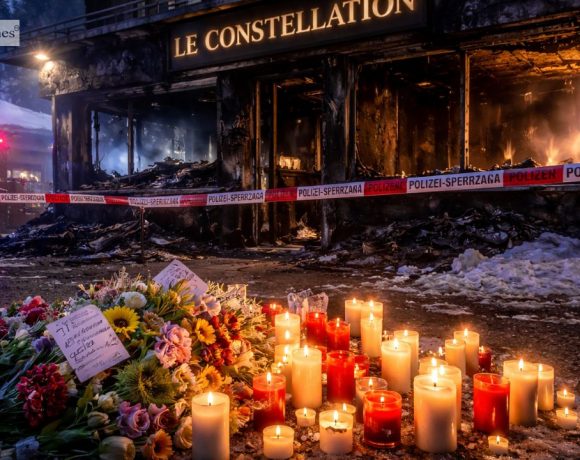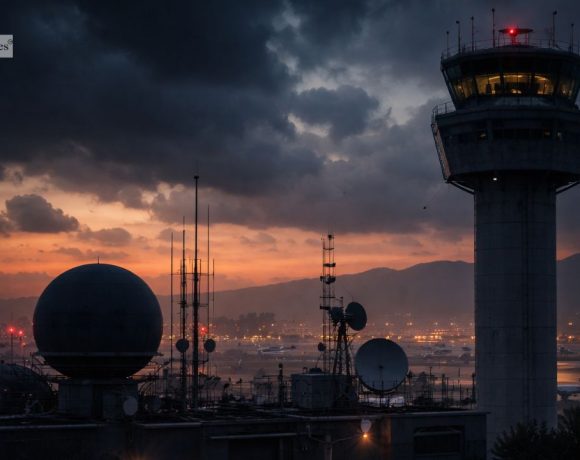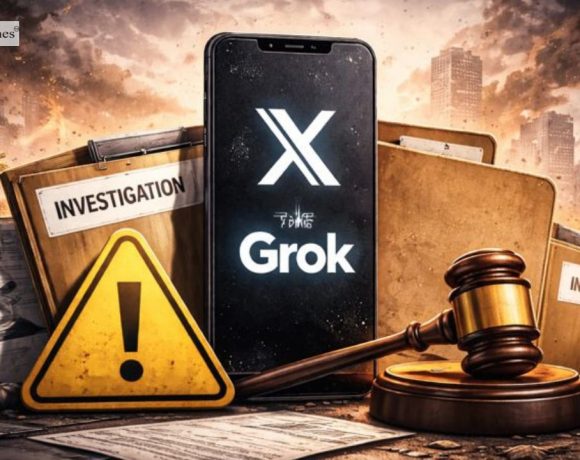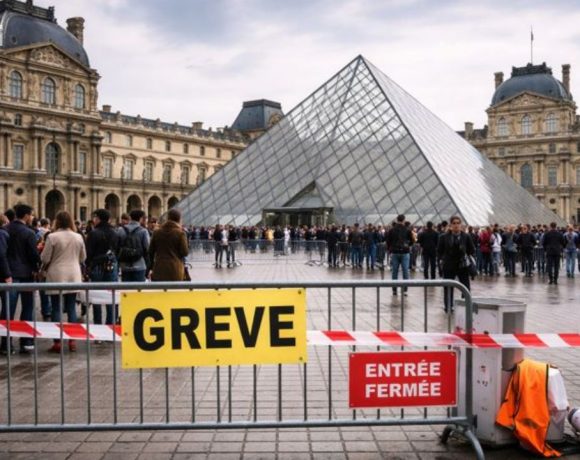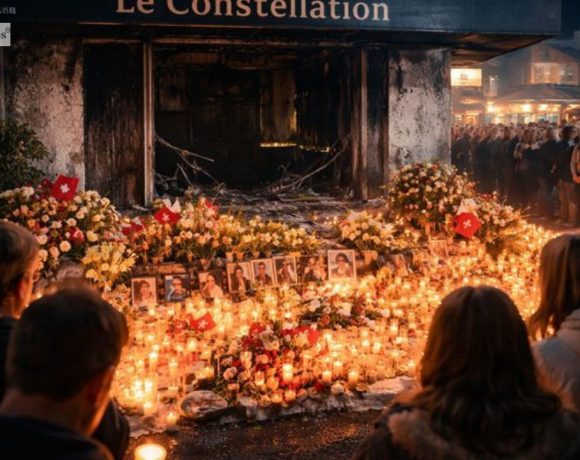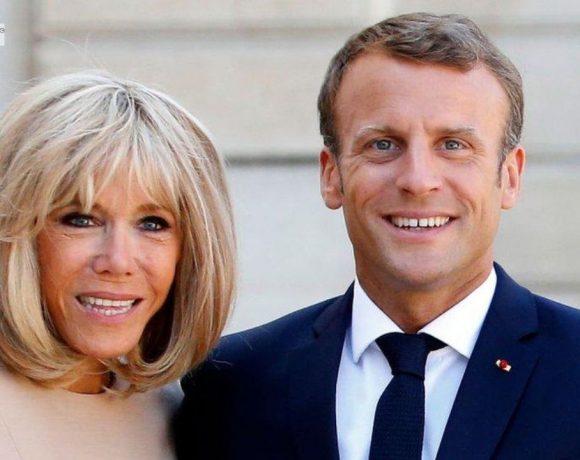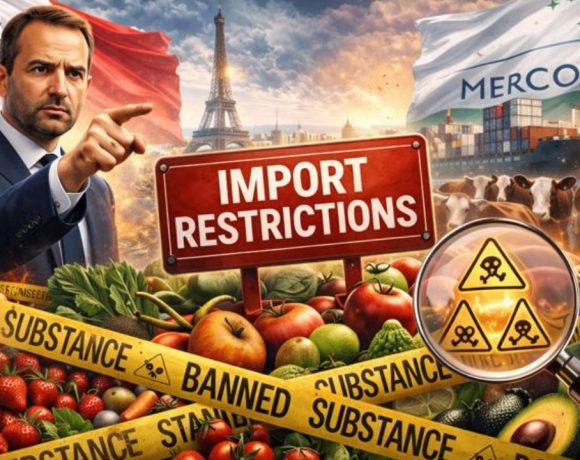
The 20th edition of the Manappuram Unique Times Multibillionaire Business Achiever (MBA) Award was conferred upon Dr Siddeek Ahmed, Chairman and Managing Director of ERAM Holdings, on 6th January. The honour was presented by Shri Gokulam Gopalan, Chairman, Sree Gokulam Group of Companies and FICF, Dr A V Anoop, Managing Director of AVA Group of Companies, in the presence of Dr Ajit Ravi, Founder of Pegasus Global Pvt Ltd, the MBA Award, and the Federal International Chamber Forum (FICF).
Dr Siddeek Ahmed, a visionary leader who has transformed innovation into impact. From humble beginnings to leading a global conglomerate across 16 countries, he has championed initiatives in technology, sustainability, skill development, healthcare, and education — guided by a core belief that true progress empowers communities and inspires future generations.


With this remarkable achievement, Dr Siddeek Ahmed joins the elite ranks of the Federal International Chamber Forum (FICF) — one of the world’s most prestigious business clubs. FICF membership is exclusive to business leaders who possess a minimum of ₹1,000 crore in assets and demonstrate a strong commitment to social responsibility. The forum represents excellence in business accomplishments and encourages its members to channel their innovative ideas and leadership to promote societal progress. FICF aims to be a platform where entrepreneurial success meets impactful social contributions.
The MBA Award, instituted to recognize exceptional business leaders with significant social involvement, has previously been bestowed upon a number of iconic entrepreneurs, including Shri V.P. Nandakumar, Shri Joy Alukkas, Shri M.A. Yusuff Ali, Shri T.S. Kalyanaraman, Shri P.N.C. Menon, Shri Gokulam Gopalan, Dr Ravi Pillai, Shri M.P. Ramachandran, Shri Kochouseph Chittilappilly, Shri Sabu M. Jacob, Dr Viju Jacob, Dr A.V. Anoop, Dr Varghese Kurian, Adv. P. Krishnadas, Dr Hafeez Rahman, Shri Soundararajan Bangarusamy, Shri V R Muthu, Shri V C Praveen, Dr Arun N Palaniswami, Shri C K Kumaravel, Shri T.K. Chandiran, Sir Sohan Roy SK and Dr Vijay Sankeshwar.
The MBA Award stands as a distinguished symbol of recognition, celebrating visionary entrepreneurs who drive transformative change in both business and society.
Pic Courtesy: pegasus/ images are subject to copyright

